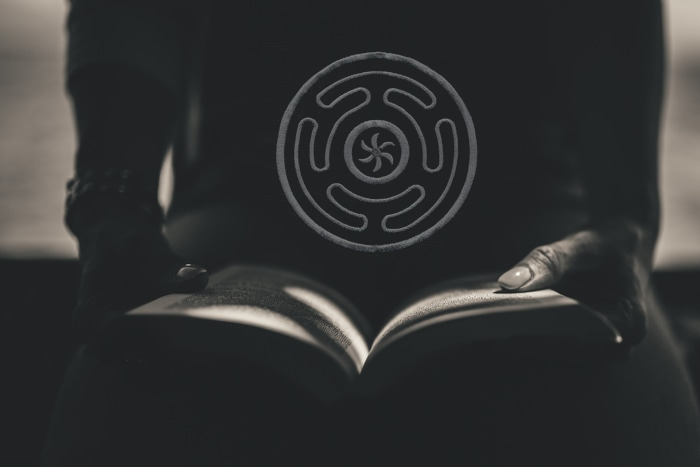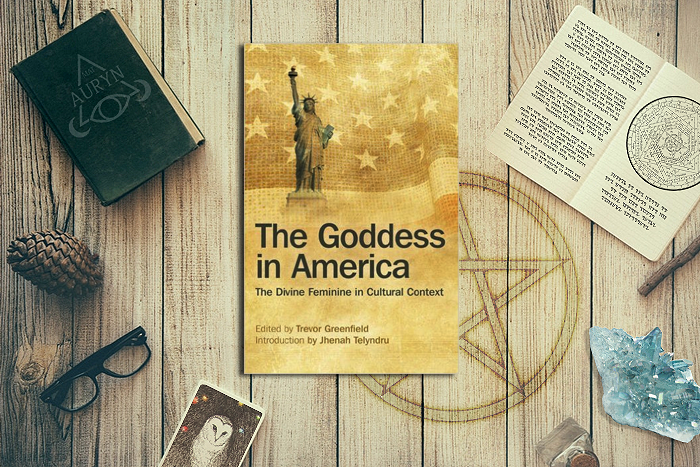Hekate has been revered throughout many cultures and many ages and has worked with many different practitioners and worshipers in various guises. One of the best ways to connect with a deity and begin honoring them is to heavily research their history. Below is my best attempt to give devotees and those who are new to this goddess, a wider perspective of Her throughout the ages. The following book ranges from classical texts & legends, scholarly writings, modern perspectives to coloring books devoted or heavily focused upon Hekate. Discover the Hellenic & Classical Hekate, The Wiccan Hecate, The Chaldean Hekate Soteira, the Luciferian Hecate, the Hecate of Macbeth and more. I hope that this is helpful. Feel a crucial book is missing? Please mention it in the comments below.
The Aeneid – Virgil
Arcana Mundi: Magic and the Occult in the Greek and Roman Worlds: A Collection of Ancient Texts – Georg Luck
Bearing Torches: A Devotional Anthology for Hekate – Bibliotheca Alexandrina
Book of the Witch Moon – Michael W. Ford
The Chaldean Oracles: Text, Translation and Commentary – Ruth Majercik
Crossroads: The Path of Hecate – Greg Crowfoot
Curse Tablets and Binding Spells from the Ancient World – John G. Gager
The Goddess Hekate – Stephen Ronan
Hekate: Die dunkle Göttin – Geschichte & Gegenwart (German Edition) – Thomas Lautwein
Hecate: Death, Transition and Spiritual Mastery – Jade Sol Luna
Hecate II: The Awakening of Hydra – Jade Sol Luna
Hecate – The Witches’ Goddess – Gary R. Varner
Hekate Her Sacred Fires: Exploring the Mysteries of the Torchbearing Goddess of the Crossroads – Sorita d’Este
Hekate in Ancient Greek Religion – Ilmo Robert Von Rudloff
Hekate Liminal Rites: A Study of the rituals, magic and symbols of the torch-bearing Triple Goddess of the Crossroads – Sorita d’Este
Hekate Soteira: A Study of Hekate’s Roles in the Chaldean Oracles and Related Literature – Sarah Iles Johnston
The Homeric Hymn to Demeter: Translation, Commentary, and Interpretative Essays – Helene P. Foley
Knowing Hekate: A Spiritual Coloring Experience – Sara Croft
Lunatik Witchcraft – Shay Skepevski
Macbeth – William Shakespeare
Magic, Witchcraft and Ghosts in the Greek and Roman Worlds: A Sourcebook – Daniel Ogden
Magika Hiera: Ancient Greek Magic and Religion – Christopher A. Faraone
Mantike: Studies in Ancient Divination – Sarah Iles Johnston
The Metamorphoses of Ovid – Ovid
The Orphic Hymns – Orpheus
A Paean for Hekate – Shani Oates
Pagan Portals: Hekate: A Devotional – Vivienne Moss
Protection and Reversal Magick – Jason Miller
Queen of Hell – Mark Alan Smith
Restless Dead: Encounters Between the Living and the Dead in Ancient Greece – Sarah Iles Johnston
The Rotting Goddess: The Origin of the Witch in Classical Antiquity – Jacob Rabinowitz
The Temple of Hekate – Exploring The Goddess Hekate Through Ritual, Meditation And Divination – Tara Sanchez
Thracian Magic: Past and Present – Georgi Mishev
The Voyage of Argo: The Argonautica – Apollonius of Rhodes





